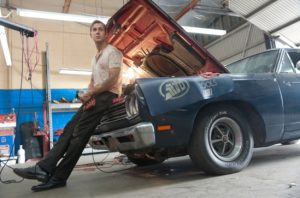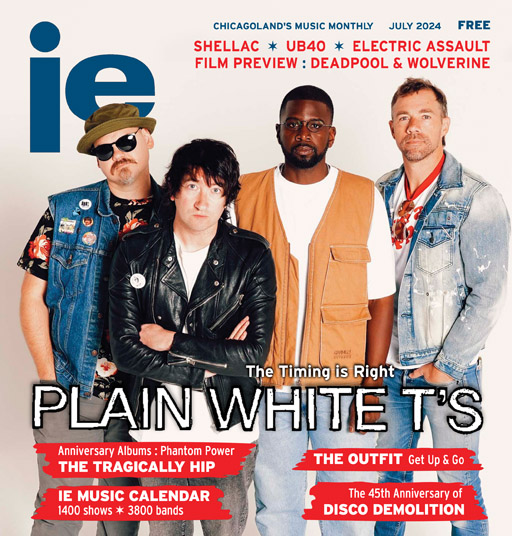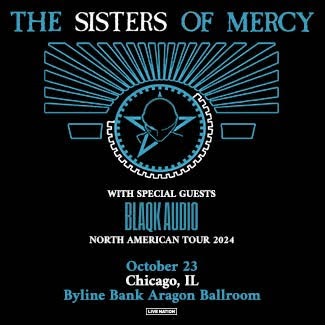Digital Divide: February 2012

Having a lot of buzz surrounding a film doesn’t always mean big box office. For all of the critical acclaim surrounding Drive, the returns didn’t match the hype. Unfortunate – as Drive is one of the best films of 2011.
The plot is B-movie simplicity at its best: a Hollywood stuntman (Ryan Gosling, credited only as “Driver”) moonlights as a getaway driver for anyone who will pay for his services, at least until he’s double-crossed.
After a phenomenal opening sequence that turns the standard chase sequence on its ear – a tense game of cat and mouse is substituted for screeching tires – Drive settles into a clean, minimalist aesthetic. Driver’s relationship with his new neighbor Irene (Carey Mulligan) is shown not with long conversations, but in sparse, eloquent glances and self-conscious gestures.
As good as Gosling and Mulligan are, the standout of the film is Albert Brooks, superbly cast against type as a former film producer turned wannabe crime boss.
If you get a sense of deja-vu while watching Drive, there’s a good reason. The film has drawn comparisons to everything and everyone from Clint Eastwood’s man-with-no-name to Robert DeNiro’s Travis Bickel.
However, the film owes its greatest debt to the ’80s. From its pastel-colored opening credits on, it draws the most inspiration from William Friedkin’s To Live And Die In L.A., and even more so from Michael Mann efforts such as Thief and Heat, with a little “Miami Vice” tossed in for good measure. There are also explosive bouts of Tarantino-esque violence from time to time.
This is not to say that Drive is simply a copy of what came before – it’s much more. Danish director Nicolas Winding Refn lovingly and brilliantly mixes all the elements to creates his own unique world – a beautifully layered universe where a genre flick can achieve arthouse respect. Not only that, but he can do it with a completely straight face, not with the winking, knowing irony that comes so easily these days when filmmakers want to pay homage.
The Blu-ray suffers from a weak list of special features; four of the five featurettes don’t go into enough detail to make them anything more than a passing curiosity, and only the 25-minute offering with Refn is worth more than a passing glance. Drive deserves a better release than this.
U2: From The Sky Down
IFC
Having reached the pinnacle of being the biggest band in the world after the release of The Joshua Tree, U2 nearly let it all come crashing down under the weight of a mammoth tour, and the resulting big-screen release, Rattle And Hum. To many, its portrayal of the band discovering American roots music and musicians came across as both pretentious and sanctimonious – as if they were saying “Hey look, we just found this really cool guy named B.B. King, and we’re gonna let you all in on the secret. You’re welcome!”
Licking their wounds, the foursome retreated to the warm confines of post-communism Berlin, where they immersed themselves in the club and experimental culture that had previously been inspiration for David Bowie and Iggy Pop.
For the 20th anniversary of Achtung Baby (the film had been included with the high-end edition of last year’s reissue), From The Sky Down takes a look at the band’s time at Berlin’s Hansa Studios, where the album was conceived and delivered. Not only had Hansa midwifed the Bowie and Pop projects, but it also inhabited space mere yards from where the Berlin Wall had fallen just months earlier.
Sure, U2 may have absorbed and recycled German musical styles for this outing, but this time their self-awareness had been previously unseen.
From The Sky Down suffers from having little archival footage of U2 actually recording the album at Hansa, so they make do by going back to the studio and doing the interviews and performances present-day. Despite this, director Davis Guggenheim does a nice job reminding us of what Germany was dealing with at the time, and the inspiration it provided to U2.
Special Features include extra performances of “So Cruel,” “Love Is Blindness,” and “The Fly,” as well as a Q&A with Bono, The Edge, and Guggenheim from the Toronto International Film Festival
— Timothy Hiatt
Category: Columns, Digital Divide, Monthly










